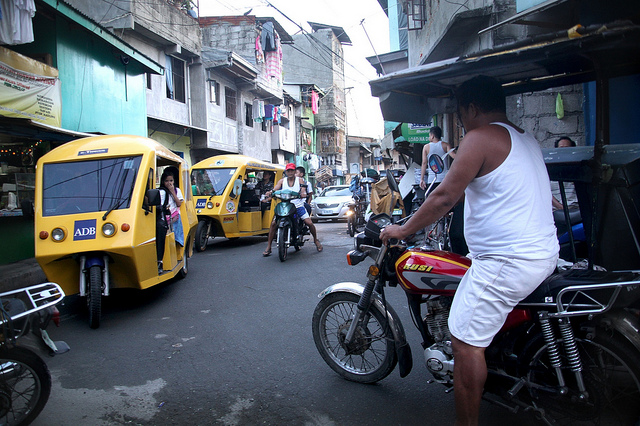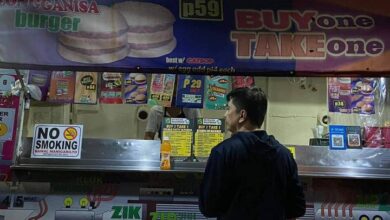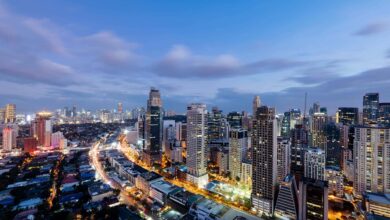
Is the E-Bike Ban Necessary?
To enhance road safety in Metro Manila, the MMDA has approved the e-bike ban. It is a resolution imposing restrictions on certain electric vehicles, effective April 15, 2024.
What You Need to Know
MMDA Regulation No. 24-022 delineates a ban on various e-vehicles, including e-bikes, e-trikes, tricycles, pedicabs, pushcarts, and kuligligs. It means these vehicles cannot use the national, circumferential, and radial roads across all NCR cities.
Violators of the e-bike ban will face fines reaching P2,500. Additionally, drivers are mandated to possess a valid driver’s license. Failure to comply will result in the impoundment of the vehicle.
Rationale Behind the Ban
The move is not an outright prohibition but rather an attempt aimed at mitigating traffic congestion and reducing road accidents attributed to e-vehicles. According to MMDA data, there were 554 road crash incidents involving electric vehicles in 2023, highlighting the urgency of regulatory action.
Contesting Perspectives
While the regulation seeks to address safety concerns and streamline traffic flow, the Move as One Coalition (MAOC) has raised objections. MAOC questions the ban’s necessity, arguing that the MMDA’s decision lacks nuanced consideration and broader context.
READ: SM EDSA Busway for Your Daily Commute
So, do you think this is necessary? Do you agree that the e-bike ban represents a proactive step to alleviate congestion and enhance road safety? As with any policy initiative, it sparks debate and scrutiny. Balancing the need for efficient transportation with the interests of diverse stakeholders remains important in navigating Metro Manila’s evolving urban landscape.




